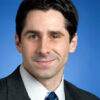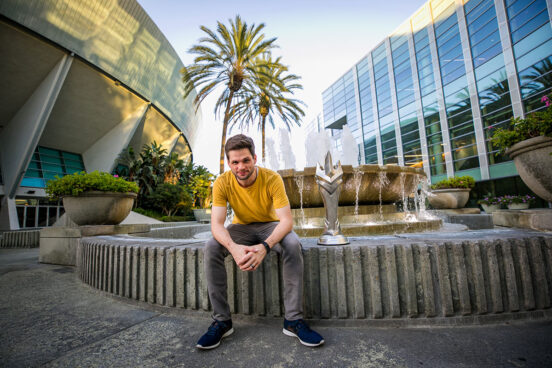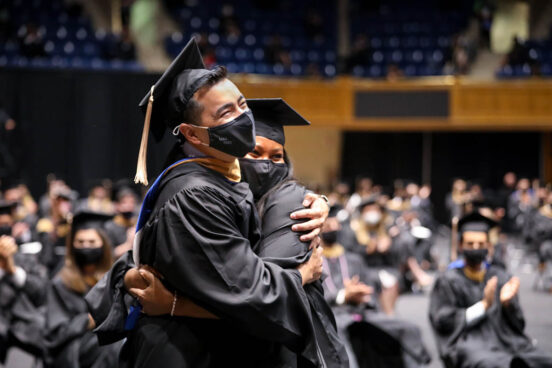Duke Daytime MBA Student Blog

Industry Immersion Day
Technology, Entertainment & Media Converge at Fuqua
During the most trying moments of the first-year curriculum, there would be few bold or optimistic enough to consider their business school experience to be glamorous. However, for students involved in CTEM (Center for Technology, Entertainment, and Media), their participation allows them to better understand the connection between commerce and the mass media. According to Executive Director Tony O’Driscoll, the center’s mission is three pronged: it seeks to bring applicable lessons to students, to provide world class thought leadership, and to accommodate collaboration with the industry. In pursuit of the latter aim, on February 16, it hosted its first annual Industry Immersion Day.
The roster for this event included high ranking representatives (some with Fuqua connections) from a figurative who’s who of industry giants. ESPN, IBM, McKinsey, and NBC Universal, among many other notable firms, served up their opinions on the reasons for the tremendous flux within the industry, as well as a forecast of things to come. Though opinions differed, there was a near consensus that the future wouldn’t look too much like the past.
One panel, entitled “The Rise of the Virtualized Empire,” detailed how we arrived at this point in media. Insiders from Salesforce.com and NBC Universal described an evolution in which long-standing distribution channels have been supplanted by near ubiquitous access to willing audiences. Ideas can transform into content much quicker, and with a minimum of hierarchical approval, than ever possible in the bygone golden ages of media. Even the entrenched firms in the industry have tried to adapt using mainstream strategic frameworks, but the industry, in 2011, seems to turn over so quickly that obsolescence is the only constant.
Other panels looked forward, and attempted to discern how tomorrow’s industry is going to differ from today’s, and what their firms can do to prepare for the inevitable transformation. O’Reilly Media CIO Jonathan Reicental physically manifested the rapidly changing nature of the industry by speaking to a PowerPoint presentation that automatically changed slides every 15 seconds, whether he was ready or not (a fitting symbol for an unforgiving industry), and discussed the advent of near field communications, which will impose even greater reliance on mobile devices in performing ever day tasks. In “Back to the Future of Media and Entertainment,” prominent consultants depicted a future in which user interfaces will become increasingly interactive and personal, and revenue models capitalizing on these desires by demonstrating increased flexibility.
Of course, as many speakers alluded, the media industry is not one in which a pristine resume alone is sufficient to guarantee employment. More so than academic acuity, the ability to forge strong connections is a precondition for success on all levels, and to that end, CTEM organized networking events at both breakfast and lunch, in order to provide students an opportunity to interact with these highly affable professional on a more casual basis, and ultimately, to secure the connections that can help them foray into the highly selective industry.



